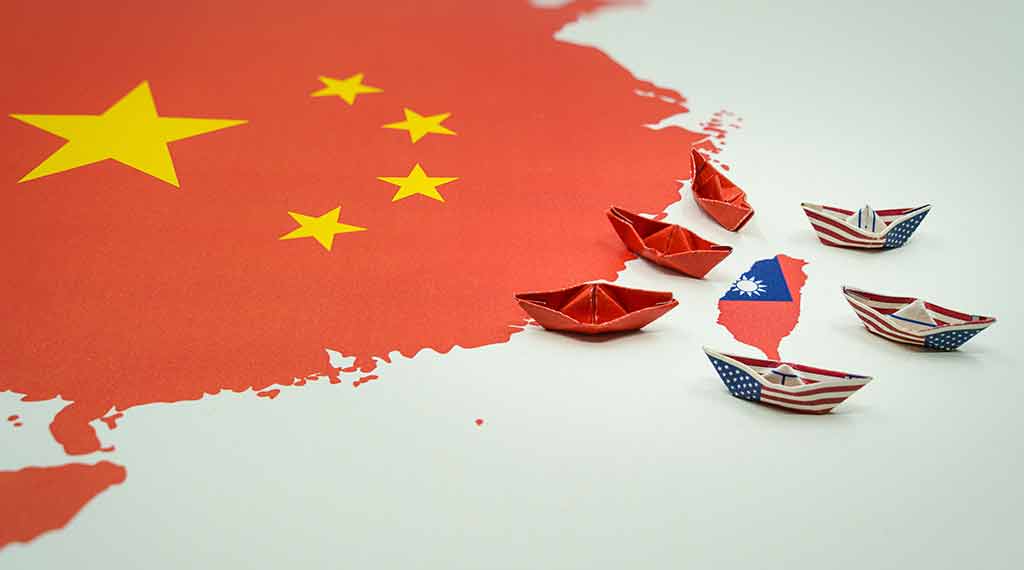
China may be on the verge of invading Taiwan.
There is considerable evidence that Beijing is moving toward an attack. First, we have noted how the threat to Taiwan is growing, as evinced by Chinese President Xi Jinping’s military exercises around Taiwan.
We saw the first (Joint Fire Strike) in August 2022 and the second (Joint Anti-Air Raid) in April, and we anticipate a third (Joint Island Landing) this fall, all of which are designed to prepare for the invasion of Taiwan.
Second, senior U.S. military officers have warned of an invasion in the near term. The leaked memorandum in January from Air Force Gen. Mike Minihan, commander of the Air Mobility Command, to his command was vitally important. Gen. Minihan stated that while he hoped he was wrong, he believes the U.S. will be at war with China by 2025.
This is because Mr. Xi achieved his third term at the 20th Party Congress in October and created his war council in 2022, while Taiwan’s presidential election in 2024 will provide the immediate reason while the U.S. is distracted in its own presidential campaign season. For Gen. Minihan, Mr. Xi’s team, reason and opportunity are aligned for conflict in 2025. This memorandum is important because, first, it echoes what other senior officers have said.
In March 2021, Adm. Philip Davidson, then commander of the U.S. Indo-Pacific Command, said that China would attack Taiwan before 2027. In October 2022, the chief of naval operations, Adm. Michael Gilday, warned that rather than a 2027 window for Chinese aggression, it may come in a 2023 window. The former commander of the U.S. Strategic Command, Adm. Charles Richard, has warned many times against the impending threat from China.
Thus, Gen. Minihan’s opinion dovetails with those of some of the senior military leaders who have publicly expressed their opinion that aggression might come in the near term, which is eminently reasonable given Mr. Xi’s ambitions.
Second, Gen. Minihan’s remarks suggest the U.S. will fight to defeat Chinese aggression against Taiwan were it to occur. That is a positive development for deterrence of Chinese aggression. The stronger U.S. deterrent capabilities are, the more likely China is deterred from an attack against a partner such as Taiwan or an ally like Japan.
- Victory over the PRC: Why engagement makes war with Beijing more likely - April 24, 2024
- The US must end engagement (and Biden’s neo-Engagement) with the PRC now - April 10, 2024
- How to address the CCP threat: Engagement, defeatism, or victory - April 3, 2024
